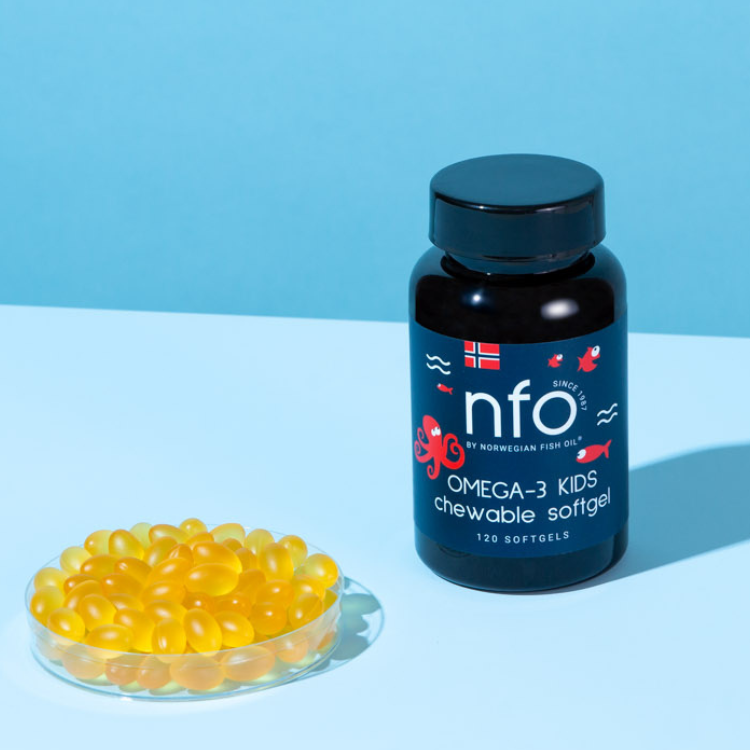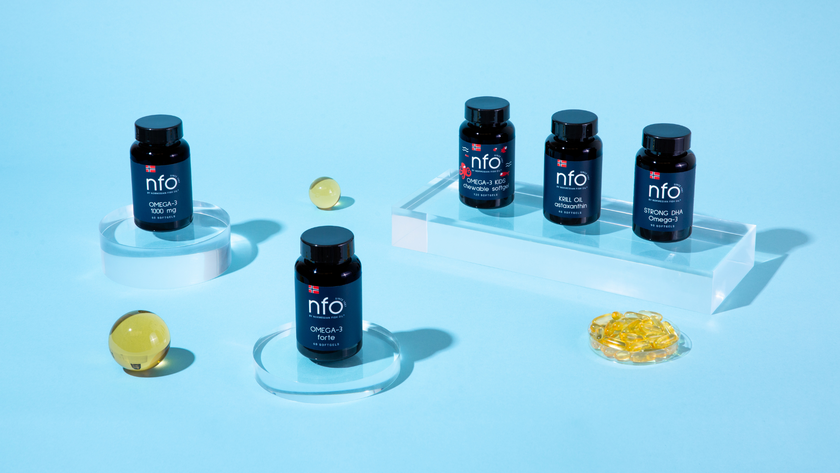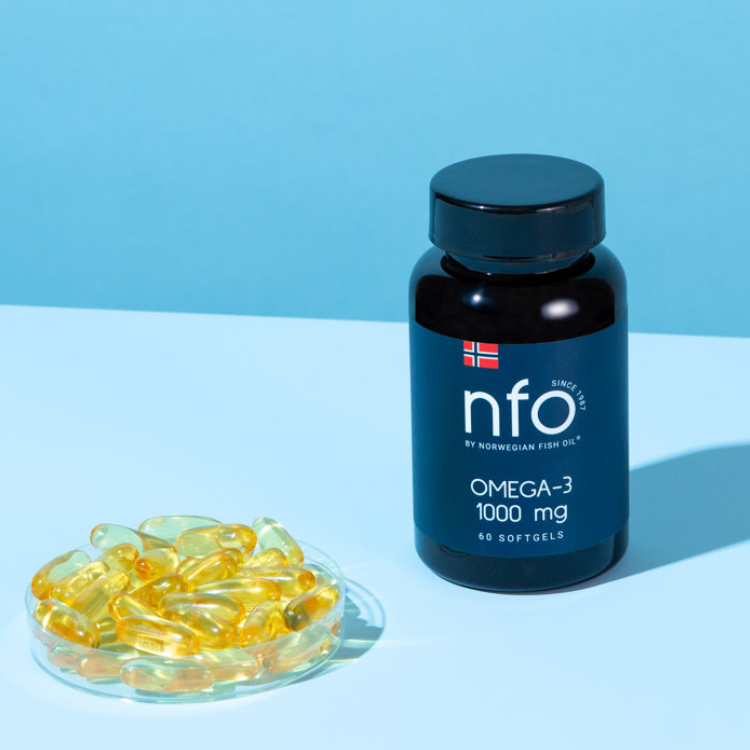Do Collagen Supplements Work?
Collagen is a protein that forms the primary structural component of connective tissues such as skin, tendons, cartilage, and bones. It is integral to maintaining the elasticity, hydration, and overall integrity of these tissues. With age, the body’s collagen production declines, leading to wrinkles, joint discomfort, and other signs of aging (National Center for Biotechnology Information [NCBI], 2015). This decline has spurred interest in collagen supplements, which claim to enhance skin health, joint function, and more. But do they really work? Let’s explore the science behind collagen supplementation.
What Is Collagen?
Collagen is the most abundant protein in the human body, comprising about 30% of total protein content. It exists in various types, with Type I, II, and III being the most common:
- Type I: Found in skin, bones, and tendons, providing strength and structure.
- Type II: Predominantly in cartilage, supporting joint health.
- Type III: Found in skin, muscles, and blood vessels, aiding elasticity and resilience (NCBI, 2018).
Collagen is composed of amino acids, primarily glycine, proline, and hydroxyproline. These amino acids form a triple helix structure that gives collagen its tensile strength (NCBI, 2001).
How Do Collagen Supplements Work?
Collagen supplements are typically hydrolyzed into peptides for better absorption. Once ingested, these peptides are absorbed into the bloodstream and distributed throughout the body. The body recognizes these peptides as signals to stimulate collagen production, which can potentially lead to improved skin elasticity, hydration, and reduced signs of aging (NCBI, 2015).
Benefits of Collagen Supplements
1. Skin Health
Collagen is critical for maintaining skin elasticity and hydration. Studies suggest that collagen supplementation can improve skin health by reducing wrinkles and increasing moisture retention. A randomized controlled trial found that women who consumed collagen supplements for 12 weeks experienced significant improvements in skin elasticity and hydration (Proksch et al., 2014). Another study reported reduced skin roughness and depth of wrinkles after eight weeks of supplementation (Asserin et al., 2015).
2. Joint Health
Collagen’s role in cartilage makes it a popular supplement for joint health. Research indicates that collagen supplementation can reduce joint pain and improve mobility, particularly in individuals with osteoarthritis or joint injuries. For instance, a study showed that athletes who consumed collagen supplements for 24 weeks reported less joint pain during physical activity (Clark et al., 2008).
3. Bone Health
Collagen is a major component of bones, and its decline with age can contribute to reduced bone density and increased fracture risk. Collagen supplementation has been associated with increased bone mineral density (BMD) and improved bone health in postmenopausal women (König et al., 2018).
4. Muscle Mass
Collagen supplementation may also support muscle mass and strength. A study involving elderly men found that collagen supplementation, combined with resistance training, increased muscle mass and strength compared to a placebo group (Zdzieblik et al., 2015).
Collagen and Other Health Areas
1. Hair and Nails
Collagen is often marketed as a solution for stronger hair and nails. While limited research supports this, anecdotal evidence suggests improvements in nail growth and hair health with supplementation (Sibilla et al., 2015).
2. Gut Health
Collagen’s amino acids, particularly glycine, are believed to support gut lining integrity. This has led to interest in collagen as a potential treatment for leaky gut syndrome, though more research is needed (Steinhoff et al., 2019).
3. Heart Health
Collagen provides structure to arteries. Declining collagen levels may contribute to arterial stiffness, a risk factor for cardiovascular disease. A study found that collagen supplementation improved arterial elasticity in healthy adults (Shibata et al., 2018).
Limitations and Considerations
While collagen supplements show promise, it is important to note several limitations:
- Variability in Results: Individual responses to collagen supplements vary, depending on factors such as age, lifestyle, and overall health.
- Supplement Quality: The effectiveness of collagen supplements can depend on their source (e.g., bovine, marine) and preparation method.
- Lack of Regulation: Dietary supplements are not strictly regulated, so it’s crucial to choose products from reputable brands.
- Comprehensive Approach: Collagen supplements are not a cure-all. A balanced diet, hydration, and proper skincare are equally important for health.
Are There Any Risks?
Collagen supplements are generally considered safe. However, individuals with allergies to specific sources, such as fish or eggs, should avoid certain types. Additionally, high doses can cause mild digestive discomfort in some people (NCBI, 2019).
How to Choose a Collagen Supplement
When selecting a collagen supplement, consider the following:
- Source: Bovine collagen is rich in Type I and III, while marine collagen is primarily Type I.
- Hydrolyzed Collagen: Opt for hydrolyzed collagen (collagen peptides) for better absorption.
- Additives: Avoid products with unnecessary additives or fillers.
- Certification: Look for third-party testing to ensure quality and safety.
Conclusion
Collagen supplementation offers potential benefits for skin, joints, bones, and more. While research supports its effectiveness, results can vary. Choosing high-quality supplements and incorporating them into a balanced lifestyle can enhance their impact. As with any supplement, it’s advisable to consult a healthcare provider before starting collagen supplementation to ensure it aligns with your specific health needs.
References
- National Center for Biotechnology Information. (2001). Collagen structure and function. Retrieved from https://www.ncbi.nlm.nih.gov/books/NBK21582/
- National Center for Biotechnology Information. (2015). Collagen metabolism. Retrieved from https://www.ncbi.nlm.nih.gov/books/NBK507709/
- Proksch, E., et al. (2014). Oral supplementation of specific bioactive collagen peptides improves skin elasticity. Skin Pharmacology and Physiology. Retrieved from https://www.ncbi.nlm.nih.gov/pubmed/27551171
- Clark, K. L., et al. (2008). 24-Week study on the use of collagen hydrolysate as a dietary supplement in athletes with activity-related joint pain. Current Medical Research and Opinion. Retrieved from https://www.ncbi.nlm.nih.gov/pubmed/18512563
- König, D., et al. (2018). Collagen supplementation and bone mineral density in postmenopausal women. Nutrition Journal. Retrieved from https://www.ncbi.nlm.nih.gov/pubmed/31086034
- Zdzieblik, D., et al. (2015). Collagen peptide supplementation in combination with resistance training improves body composition. British Journal of Nutrition. Retrieved from https://www.ncbi.nlm.nih.gov/pubmed/26362110
- Asserin, J., et al. (2015). The effect of collagen peptides on skin properties. Journal of Cosmetic Dermatology. Retrieved from https://www.ncbi.nlm.nih.gov/pubmed/24401291
- Shibata, T., et al. (2018). Effects of collagen supplementation on arterial stiffness. International Journal of Cardiovascular Medicine. Retrieved from https://www.ncbi.nlm.nih.gov/pubmed/30681787









